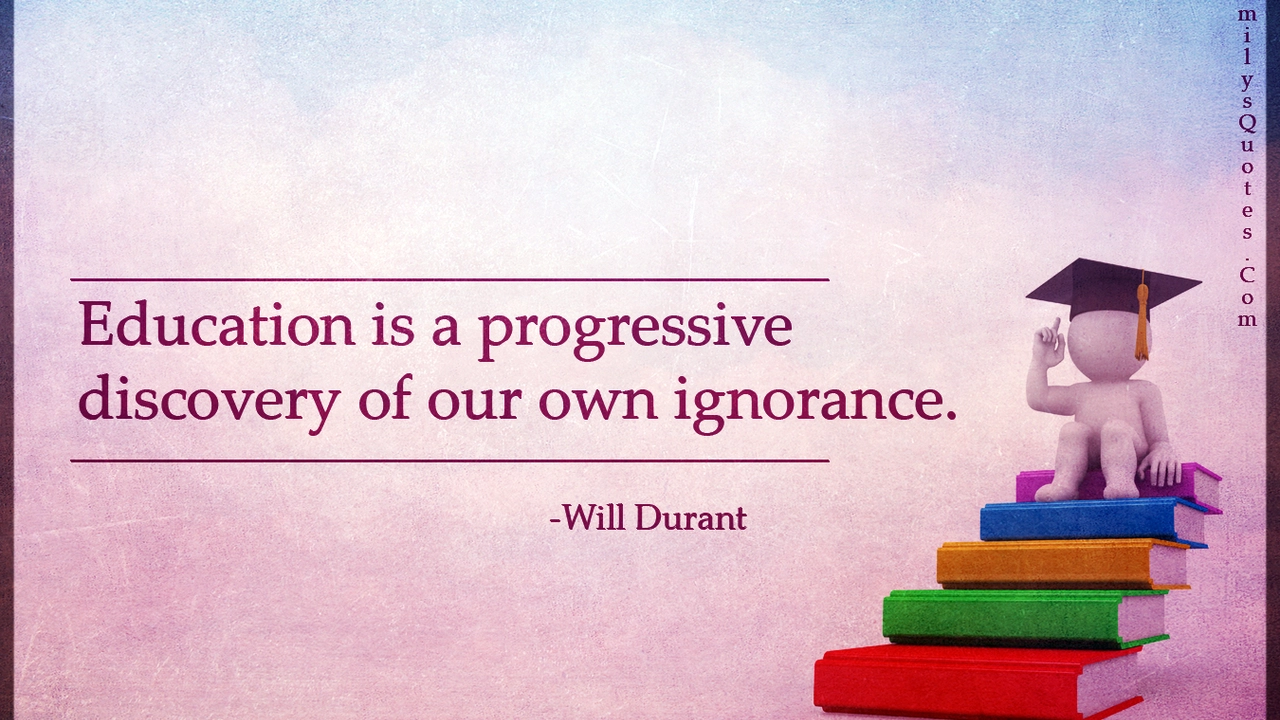Ignorance: Turning Blind Spots Into Learning Opportunities
Ever felt stuck because you just didn't know something? That's ignorance showing up, and it’s more than a simple lack of facts. In school, work, or daily life, not knowing can slow you down, but it also gives you a clear target for improvement. The key is recognizing the gap before you try to fill it.
Why Ignorance Shows Up in Education
Most students assume they understand a topic until a test question proves otherwise. That surprise moment is the brain’s way of flagging an ignorance gap. Often the gap is created by skipping basics, relying on vague explanations, or believing a myth that sounds right. For example, many think that memorizing dates is enough for history class, but without context the facts remain isolated and easy to forget.
Another common trap is the “I’m too busy to learn” mindset. When you skip reading a chapter or ignore a tutorial, you’re choosing short‑term ease over long‑term mastery. The result? You’ll hit a wall later when a more advanced concept needs that missing foundation.
Practical Ways to Beat Ignorance
1. Ask specific questions. Instead of "I don’t get this," pinpoint the part that’s fuzzy: "Why does the water cycle need evaporation before condensation?" A clear question guides your research and saves time.
2. Use the "teach‑back" method. After you study, explain the idea to a friend or even to yourself out loud. If you stumble, you’ve found the spot that’s still unclear.
3. Check multiple sources. A single textbook may present a concept in one way. Watching a video, reading an article, or discussing in a forum can reveal hidden details and correct misconceptions.
4. Turn ignorance into a habit tracker. Write down every “I don’t know” moment in a notebook. Review the list weekly and tackle each item one by one. Seeing progress motivates you to keep going.
5. Embrace mistakes. When a quiz shows a wrong answer, treat it as data, not embarrassment. Analyze why you chose the wrong option and what you missed. That analysis closes the ignorance loop.
These steps work whether you’re prepping for a board exam, learning a new skill, or just trying to stay informed. Ignorance isn’t a permanent flaw; it’s a signpost pointing to the next thing you can master.
Remember, every expert once started as an ignorant beginner. The difference is they turned every gap into a learning project. By spotting ignorance early, asking focused questions, and using simple study hacks, you can keep the cycle of not‑knowing short and your knowledge growth rapid.

Who said 'If you think education is expensive, try ignorance.'?
The quote "If you think education is expensive, try ignorance," is often attributed to various people, but its exact origin is unclear. Some attribute it to Derek Bok, former president of Harvard University. Others suggest it was first spoken by Andy McIntyre, while some even attribute it to influential figures like Nelson Mandela. Regardless of its source, the quote emphasizes the value of education over the costs of ignorance. It's a powerful reminder that investing in knowledge can lead to better outcomes than remaining uninformed.
Read More